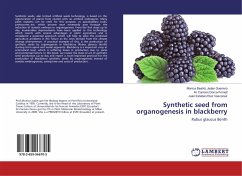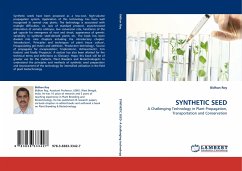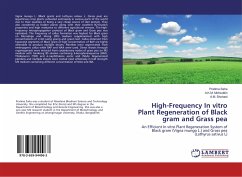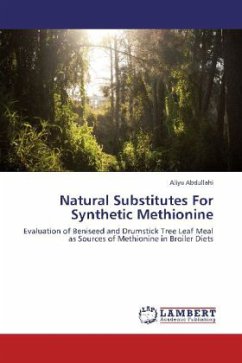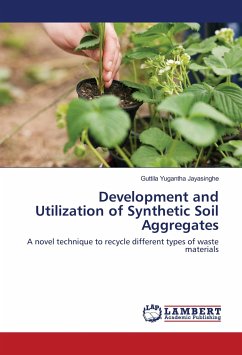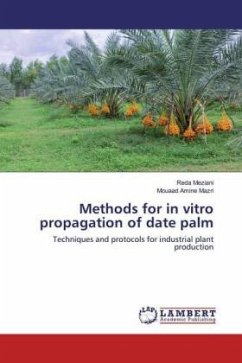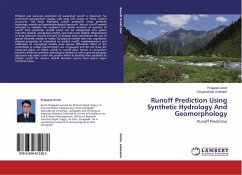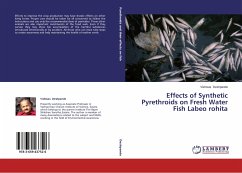Synthetic seeds, also termed artificial seeds technology, is based on the regeneration of plants from coated with an artificial endosperm. Many plant explants can be used for this purpose, as apical/axillary buds, protocorms..ect, which process must necessarily pass through the induction of somatic embryos or organogenesis. From the first steps up to day, inumerables improvements have been applied to this technology which counts with several advantages in plant agriculture and is considered a potential approach which will help to solve the predicted agriculture problems in the future as the ones derived from the climate change phenomenon. A practical example of this, is the production of synthetic seeds by organogensis in blackberry (Rubus glaucus Benth) starting from apical and nodal segments. Blackberry is a important crop at economical level, which is suffering losses in production due to some environmental factors. In this book, we review the state of art of synthetic seed production up to day and report a novel improved protocol for the production of blackberry synthetic seeds by organogenesis instead of somatic embriogenesis, saving time and costs of production.
Bitte wählen Sie Ihr Anliegen aus.
Rechnungen
Retourenschein anfordern
Bestellstatus
Storno

